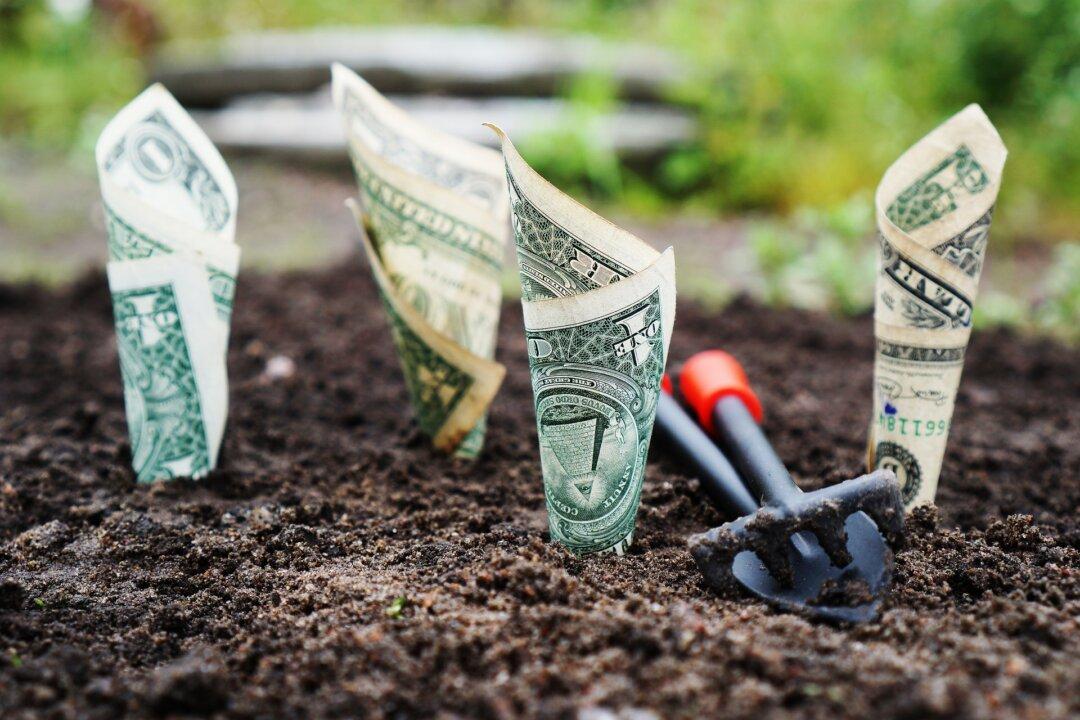Dear Readers: In the fast-paced financial world we live in, with its focus on trading trends, online platforms, and market movements, it’s easy to get lost in the weeds and lose sight of the grounding principles of managing money that are essential to long-term success. So with spring in the air and buds on the vine, I thought it would be fun to focus on some of the financial lessons we can learn from the people who are more in touch with the land.
If you’ve had any experience on a farm, you’ll know what I’m talking about. For instance, my father learned the reality of the phrase “don’t put all your eggs in one basket” in his first business venture: literally selling eggs when he was a young teen in Sacramento, California. He had a firsthand understanding of this lesson by the time he got into investing!





